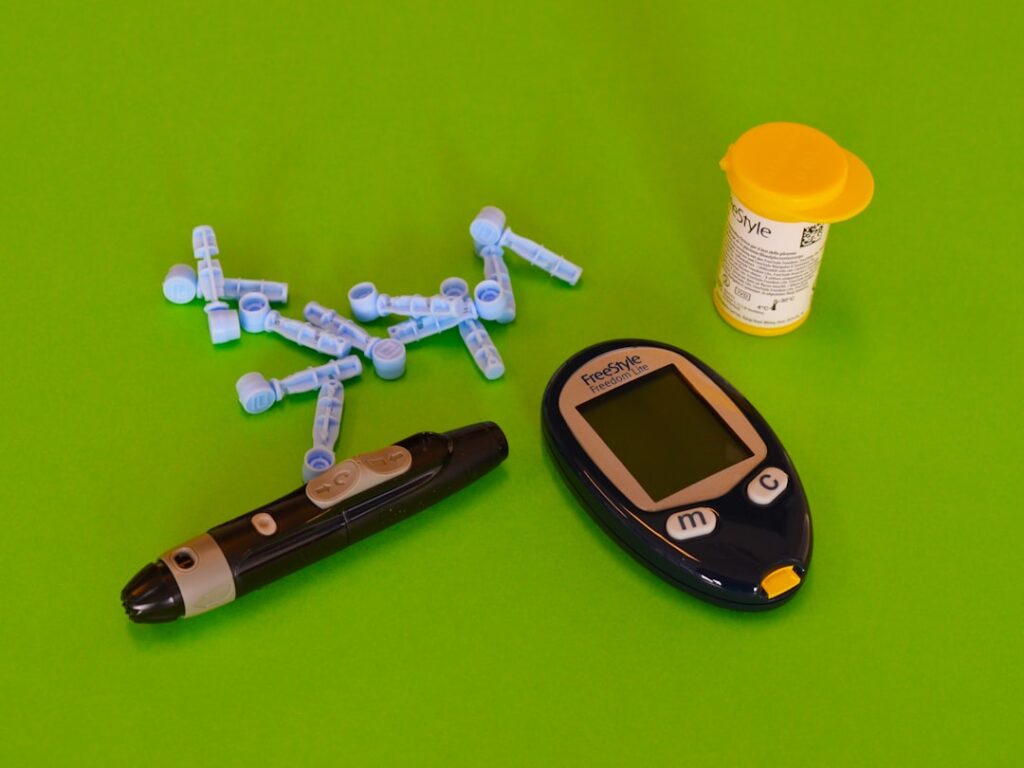Emerging AI Applications in Healthcare: AI Tools for Medical Diagnosis
Artificial Intelligence (AI) is rapidly transforming the healthcare industry, providing innovative solutions that enhance medical diagnosis and treatment. AI tools for medical diagnosis are particularly gaining attention for their ability to analyze complex medical data, improve accuracy, and facilitate timely decision-making. As AI technologies continue to evolve, they offer unprecedented opportunities to address challenges in patient care.
The Role of AI Tools in Medical Diagnosis
AI tools play a vital role in medical diagnosis by leveraging machine learning algorithms and data analytics. These tools can process large volumes of data, including patient history, imaging results, and genetic information, enabling healthcare professionals to make more informed decisions.
Benefits of AI in Diagnostic Processes
- Increased Accuracy: AI can reduce human error in diagnostic processes, leading to more accurate results.
- Faster Results: With AI’s ability to analyze data quickly, patients can receive timely diagnoses, which is crucial for effective treatment.
- Personalized Medicine: AI tools can tailor treatment plans based on individual patient data, enhancing the overall healthcare experience.
AI Tools for Imaging and Radiology
One of the most significant applications of AI tools for medical diagnosis is in imaging and radiology. AI algorithms can analyze images from MRIs, CT scans, and X-rays with remarkable accuracy.
Key Technologies in Radiology
- Deep Learning: Utilizes neural networks to identify patterns in imaging data that may be missed by the human eye.
- Computer Vision: Employs algorithms to interpret and analyze images, aiding in the detection of anomalies.
- Natural Language Processing: Processes unstructured data from radiology reports to derive insights and enhance communication.
Challenges in Implementing AI Tools for Medical Diagnosis
Despite the considerable benefits, there are challenges in adopting AI tools for medical diagnosis.
Data Privacy Concerns
As AI systems rely on vast amounts of patient data, ensuring privacy and security is paramount. Healthcare providers must navigate complex regulations to protect sensitive information.
Integration with Existing Systems
Integrating AI tools into existing healthcare IT systems can be problematic. Compatibility issues may arise, requiring significant investment in infrastructure and training.
The Future of AI in Healthcare
The future of AI applications in healthcare, particularly in medical diagnosis, looks promising. Emerging technologies and continuous research will likely lead to enhanced tools that further improve diagnostic accuracy and efficiency.
Innovations on the Horizon
Key innovations expected in the coming years include:
- Adaptive Algorithms: AI systems that learn and adapt from new data continuously.
- Augmented Reality: Tools that integrate AI with AR to visualize complex data during diagnosis.
- Wearable AI Devices: Devices that monitor health data in real-time, providing instant diagnostic recommendations.
Conclusion
AI tools for medical diagnosis are revolutionizing the healthcare landscape, offering enhanced accuracy and efficiency in patient care. While challenges remain, the potential for AI to improve diagnostic processes cannot be overlooked. The ongoing evolution of these technologies promises a future where healthcare is increasingly personalized and effective, ultimately leading to better patient outcomes.


